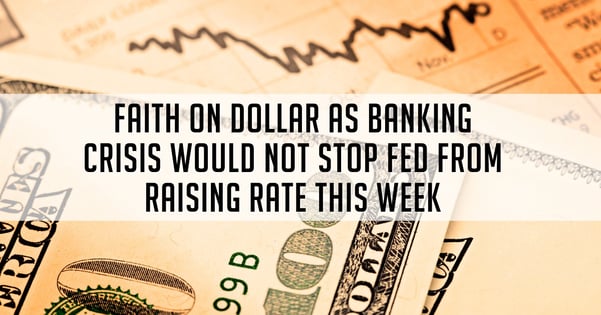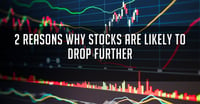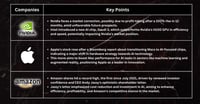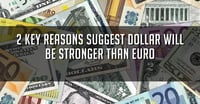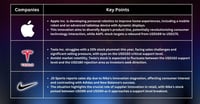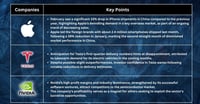Even with the apparent rescue of Credit Suisse, markets face a nervous few days waiting for what the Fed makes of all this. Stocks market is facing another test. A risk-off sentiment with another 25bps rate hike may support the dollar in the near term.
Chair Jerome Powell has said he is determined to tame inflation, so part of the driver for the market has been traders striving to work out how much money the Fed will pay to global banking stress when they decide.
A key reason why investors have been so ready to bet on a much slower pace of tightening is that the strains placed on the financial system are busy doing the Fed’s job for it. The US financial conditions hit restrictive levels last seen when the Fed carried out a series of 75-bp hikes.
That would help the argument for the US central bank to pause or at least slow its rate increases. But policymakers would also be wary that tight conditions are yet to bring inflation under control. Whichever way the Fed goes, it's likely to face criticism.
This might be one of those times when there is a difference between what they should and will do. They should not tighten the policy. Banks are really on edge, and any little thing might push them over the edge. But for price stability, that was a promise, too.
A rate increase would come just days after other regulators rolled out an emergency lending facility to halt a crisis of confidence in the banking industry. The shuttering of Silicon Valley Bank and Signature Bank, along with news of instability elsewhere, rocked financial markets and set off fears of more to come.
Even before the latest banking panic, the steep rise in official US interest rates, which have jumped almost five percentage points over the past year, had caused economic activity to slow, as evidenced by falling retail sales and the slowdown in the housing market.
But the economic slowdown, already underway, will be exacerbated by a looming credit crunch that will starve US consumers and businesses of much-needed financing. And this, in turn, will force consumers to rein in spending and investment.
Indeed, a steep rise in interest rates and a credit crunch increase the odds that the world’s largest economy will fall into a recession this year.
Fullerton Markets Research Team
Your Committed Trading Partner


